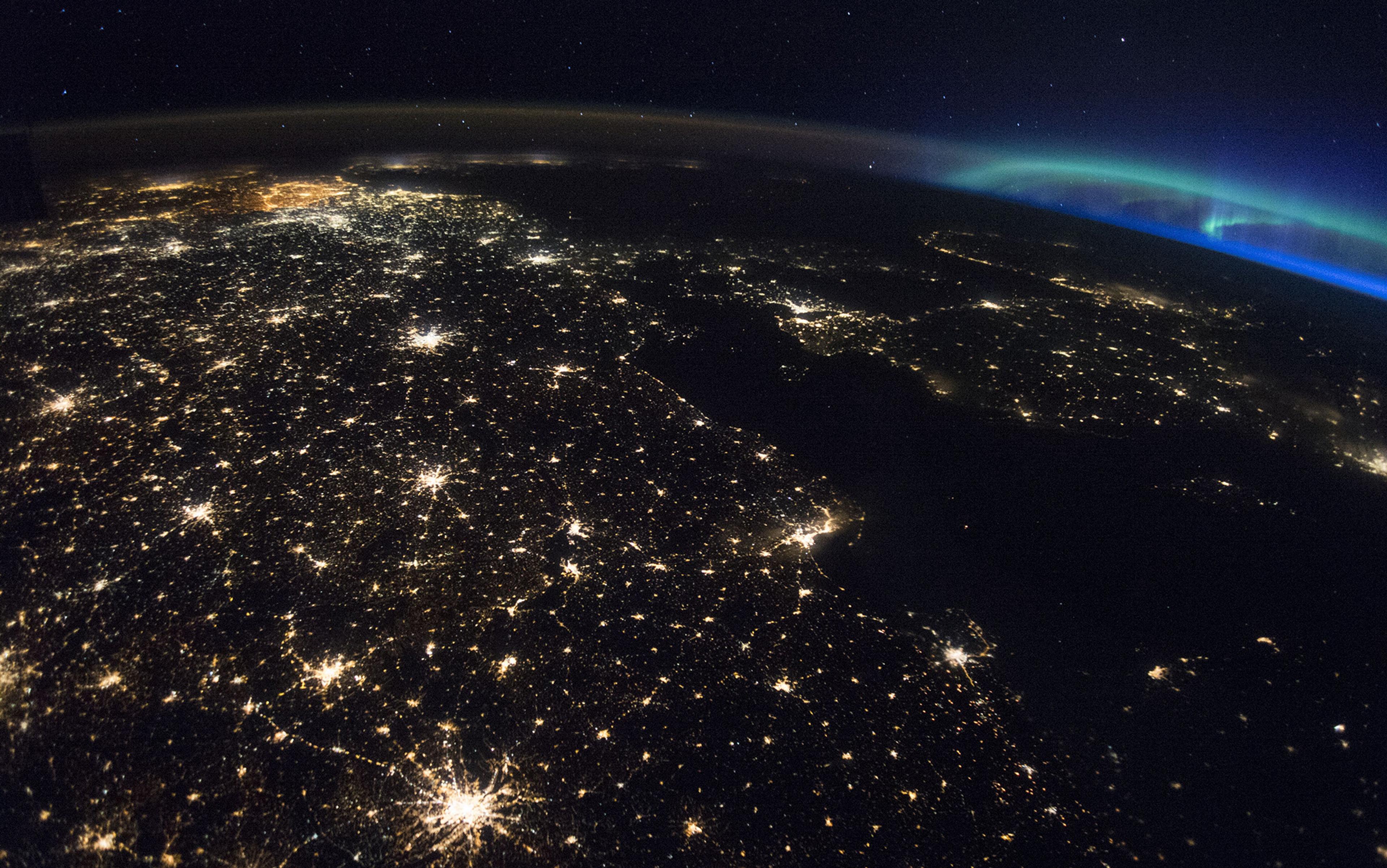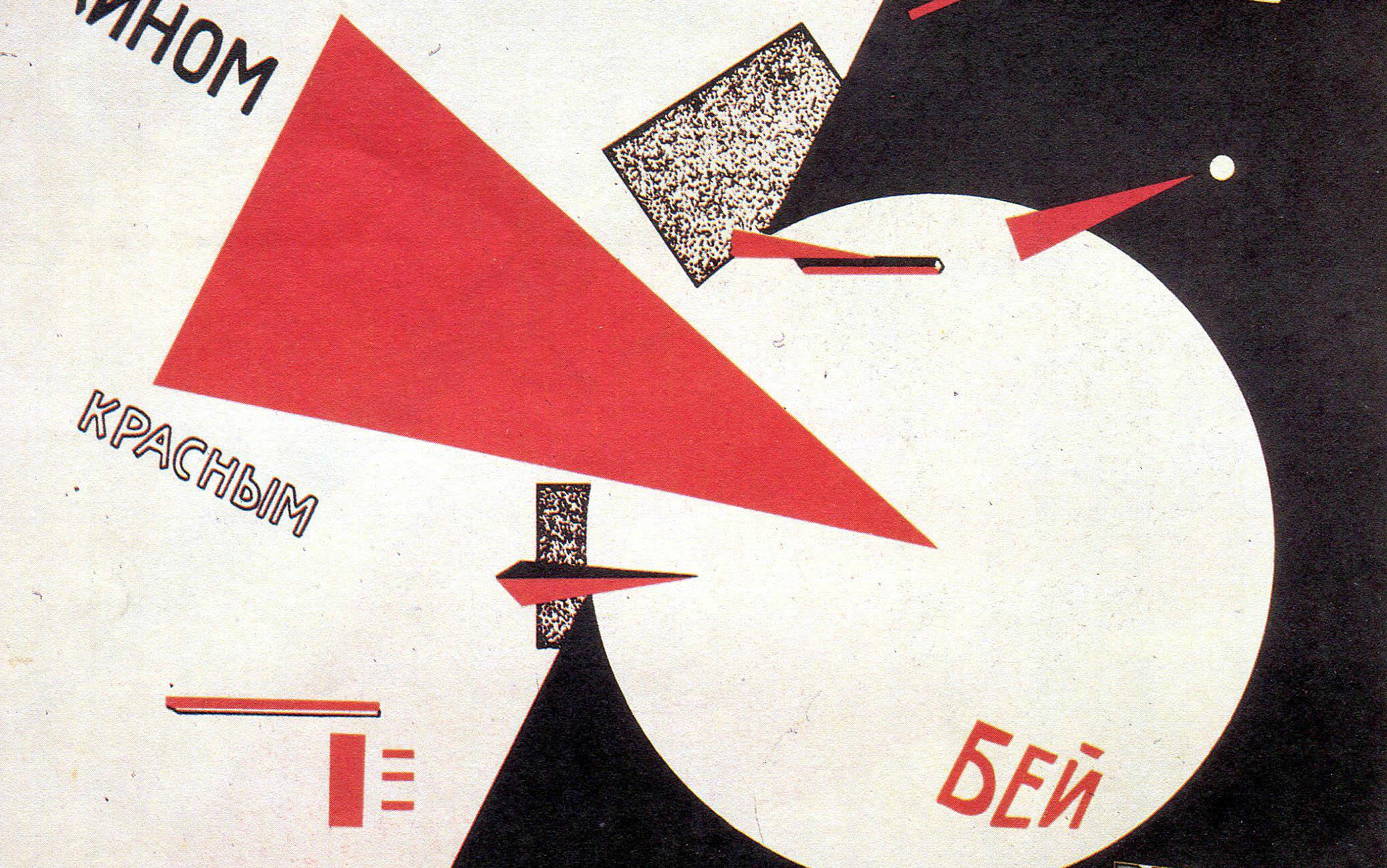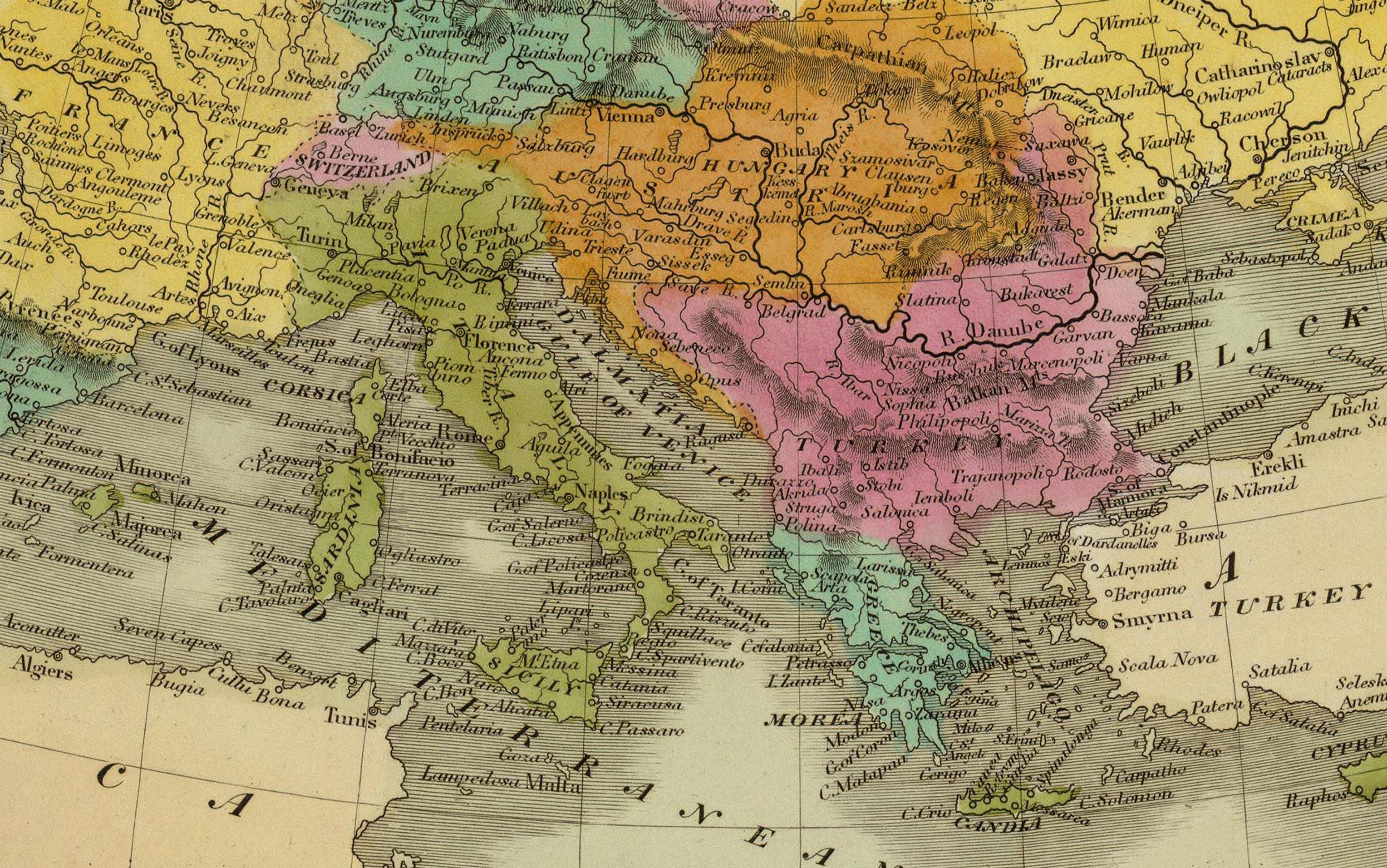For aeons, life has fundamentally reorganised Earth. This process began roughly 2 billion years ago, when a tiny form of microbial algae, cyanobacteria, chanced on a way to live off sunlight and became so numerous that its toxic waste products caused a mass extinction. The survivors were forced to adapt to a gas that we now call ‘oxygen’. Today, one species that descended from those survivors, Homo sapiens, may be causing another mass extinction by expropriating massive amounts of Earth’s biological resources. In our short time on this planet, we have transformed plants, animals and vast tracts of habitable land. Our waste products have taken on a geological scale. Like tiny oxygen-producing microbes more than 2 billion years ago, life is once again fundamentally reorganising Earth.
However, unlike our unicellular ancestors, we are ethically conflicted about our looming fate. How much more should we grow as a species? Do we have an obligation to leave future generations with a biosphere that is as rich and diverse as the one we inherited? How should we distribute the associated costs between poor and rich nations, between producers and consumers, and between institutions and individuals? These are important, pressing issues. Beneath many of these questions lies a more fundamental ethical quandary: what should we do about our ability to so easily dominate other species and the environment? It is a problem that has become urgent. Should we disavow our dominance and attempt to minimise it? Or should we embrace our powers to alter Earth and its inhabitants?
Perhaps we shouldn’t do either.
Once upon a time, when human dominance was still relatively new, humanity rushed to embrace it. In the first book of Genesis, God says:
Let us make man in our image, after our likeness: and let them have dominion over the fish of the sea, and over the fowl of the air, and over the cattle, and over all the earth, and over every creeping thing that creepeth upon the earth.
This early narrative of our superiority is a declaration: humans have the capabilities to control other species, and this is natural and good.
In representing humans as distinct creations, with their place in nature partially defined by their hunting or control of other animals, the Hebrew creation myth is not entirely different from many other creation myths across the world. For the Iroquoian-speaking Seneca peoples of North America, the Sky Woman taught a young boy how to hunt; for the Yao, from the Bantu peoples of Malawi and Mozambique, the Chameleon (under instruction from the creator god Mulungu) allowed humans to learn to make fire and hunt. One can imagine why these stories took hold. For our Bronze Age relatives more than 3,500 years ago, the dangers posed by nonhuman species were real and acutely felt. In those times, achieving some degree of dominance over nonhuman nature was seen as a gift. Today, hunting, gathering and farming have become industrial operations. Once so crucial to our way of life on Earth, they no longer collectively define us. But it is not only our ways of life that have radically shifted.
Today, it is impossible to believe we are privileged creatures literally created by divine powers or spiritual forces. We know too much. As the theory of evolution tells us: go back far enough, and our ancestors were not ‘human’ but merely human-like. In fact, many of the traits we once thought made us unique have shown up in other species. Other animals can problem-solve creatively, communicate using symbolic language, become indignant when treated unfairly, and mourn the dead. These evolutionary discoveries have profound implications for the stories our species tells itself. Instead of being divine creations, we are part of a sprawling family of life, replete with family resemblances. This narrative implies that, rather than dominating other species, we should care for them like family members.
The egalitarian narrative selectively frames the scientific facts and skirts difficult moral questions
And so, the story of moral superiority in Genesis gives way to a different moral tale from science. This is an egalitarian narrative teaching us that humans are just another species, with a duty to fight our tendency to dominate Earth and its inhabitants. The narrative goes something like this:
Human beings are a part of the animal kingdom, not apart from it. The separation of ‘us’ from ‘them’ creates a false picture and is responsible for much suffering. It is part of the in-group/out-group mentality that leads to human oppression of the weak by the strong as in ethnic, religious, political, and social conflicts. Let us open our hearts to two-way relationships with other animals, each giving and receiving. This brings pure and uncomplicated joy.
The behavioural scientists Marc Bekoff and Jane Goodall wrote that in 1999, in Why Dogs Hump and Bees Get Depressed. But just as the Genesis story travelled far and wide, the egalitarian narrative has spread far beyond the realms of science. It inspires the names of animal rights organisations (eg, Animal Equality) and their mission statements (‘PETA opposes speciesism, a human-supremacist worldview’). It drives legislation, which has moved towards ever-increasing protection of nonhumans from humans. And it induces a general moral ethos of guilt about humans acting against other species, whether that concerns the shame of eating meat or air travel (what the Swedish call flygskam or ‘flight shame’).
The egalitarian narrative has become the definitive narrative for our times in the Anthropocene. It seems to tick the boxes of being secular, science-based and morally responsible. However, when we look closer, the narrative selectively frames the scientific facts and skirts difficult moral questions. Its blind spot lies in representing human dominance as an optional trait we can suppress, as long as we are moral enough.
To move forward, we must find a way to come clean with our dominance, while also caring for other species. This may seem like a tall order, but backgrounding it, as the egalitarian narrative currently does, has done little to positively inspire widespread behaviour changes.
How effective has the egalitarian narrative really been at changing our behaviour? In Animal Liberation (1975), Peter Singer laments that ‘most human beings are speciesists’ partially because of their enthusiastic carnivory. In the late 20th century, as the animal liberation movement grew, a rejection of meat-eating became one of the ethical priorities of the egalitarian narrative. How have our habits fared since the views of Singer and other egalitarian thinkers began spreading?
The truth is that the animal liberation movement has not moved the needle much, if at all. Humans continue to eat meat on a massive scale, even in countries where inhabitants are wealthy and comfortable enough to have satisfactory substitutes for meat. People in the United States, Australia and Argentina are big meat-eaters, consuming more than 100 kg per person per year, and these numbers are roughly as big today as they were in 1970. In Europe, the average person eats around 70 kg of meat per year, which is a slight increase from 1970. No matter how one calculates average meat consumption in developed countries, there is simply no evidence of a decrease. There is no evidence even of a downward trend.
Should we be more patient, and persist in educating the public about animal egalitarianism? Some studies suggest reasons for optimism: meat consumption in student cafeterias drops by about a quarter after students follow a course on animal ethics. However, if one looks more closely at those studies, the ethics courses did not eliminate meat consumption. They only reduced it during the semester, with unknown impact on longer-term eating habits. Did the courses persuade the students of the realities of animal suffering, or simply reduce their consumption through ‘meat-shaming’?
Consider another area of systematic animal suffering: scientific research. In the 1980s, organisations such as PETA cast light on some disturbing scientific practices, such as severing the spinal nerves of macaque monkeys, who were then allowed to chew on their own limbs (since they could feel no pain). Regulations are much stricter now, and credit is due both to animal rights organisations and the egalitarian narrative. But how fundamentally have we changed our use of laboratory animals?
We might believe in ‘two-way relationships with other animals’, but only when we deem it feasible
In 2005, an estimated 115 million animals were used worldwide for scientific research. Ten years later, that number was suspected to have risen by two-thirds, to an estimated 192 million animals. Even in countries with the strictest animal welfare legislation, use of animals was up 5 per cent over the same period. Methods of killing and using laboratory animals are more humane today, but we still kill and use animals as never before.
Should we ban animal testing? The problem is that ‘model organisms’ – zebrafish, chicken, sheep, pigs and nonhuman primates – remain methodologically necessary. As uncomfortable as it is to admit, experiments on some of these organisms, particularly primates, apparently allow ‘unparalleled insight’ for researchers. For some interventions, like the development of a new moisturising cream, a ban would be relatively inconsequential. But what about a new chemotherapy? Or a new surgical technique? If we were to ban animal testing, one of two things would need to happen. Either we would have to test new medical interventions directly on humans, and periodically cause a handful of human deaths, or we would have to abandon risky new medical interventions altogether, risking the possibility of even more human deaths.
Neither is desirable. In fact, medical researchers who have carried out risky interventions on humans without prior testing on animals can be criminally prosecuted (and some have already received prison sentences). And so, we choose to continue animal testing on a massive scale. We might believe in what Bekoff and Goodall described as ‘two-way relationships with other animals’, but only when we deem it feasible.
It is important not to generalise too much here: people differ greatly on how much they will go out of their way to minimise animal suffering. A growing minority avoids eating meat, and concerned scientists continually search for new substitutes for living organisms, such as digital or organoid models. However, we all draw a line somewhere. When push comes to shove, and reality brutally forces us to choose between nonhuman and human lives – or even between nonhuman lives and small improvements in human health – we tend choose the latter, time and again.
Meat consumption and animal testing illustrate the ways that our dominance is pervasive, inescapable. It is so complete that, like the air we breathe, we may not be aware of it. The choices our urbanised environments normalise presuppose dominance. Those of us who eat meat buy it from supermarkets in forms that have no visual resemblance to the animals it came from. It doesn’t ‘feel like’ we’re killing an animal, but that’s only because specialised humans do the killing for us. We also expect our food and clothing to be reasonably priced, not realising that maintaining cheap prices depends on the industrial appropriation of landscapes that would have otherwise supported diverse ecosystems. When we buy medicines, we fully expect them to be safe for human use, failing to acknowledge (or realise) the many animals that needed to die to ensure that safety. And the list goes on: we expect to inhabit spacious and warm homes, get to work by train or car, and generally have the services of schools, hospitals and restaurants close by. Many of the standards of living we take for granted today – even those we might see as basic rights – presuppose our ecological domination of Earth. We don’t realise that this, too, is space that has been appropriated by one species to the detriment of others.
Our behaviour falls woefully short of the ideals of the egalitarian narrative. This alone may seem like cause for despondency and despair. However, the problems for this narrative go deeper. Indeed, our dominance has become entirely normalised – it’s invisible. It is also inevitable. There is no way we can even avoid exhibiting dominance.
In any two-way relationship with other animals, we are vastly more powerful. We are the ones who make decisions, and nonhuman animals are the ones who undergo our decisions. Though animals may inadvertently influence human culture, they don’t systematically set schemes in motion to control us. Consider breeding. There is no dog that gets up in the morning and dreams about controlling how humans reproduce to create a kinder, more dog-friendly human. Similarly, humans take ownership over animals as companions, not the other way around. Animals can befriend humans, but companion animals undergo the decisions of their human owners.
Antagonistic relations are even more asymmetrical: humans will sometimes attempt to exterminate an entire species they deem a ‘pest’. Individual humans can be killed by many other animals, from mosquitos to rhinos, but these species don’t set out to kill humans by engineering entire environments. Humans, however, will organise and take systematic measures to make an environment as inhospitable as possible to ‘pests’, whether that is a ‘weed’ growing in a garden or an undesired animal that has entered a farm or an ecosystem humans want to protect.
Compared with other animals, we have god-like powers. We are demiurges who can turn our desires into reality and mould other species to suit our purposes. Just think of our control over dogs. Across millennia, we sculpted the Eurasian wolf into thousands of anatomical varieties, each tailored to specific human needs. And today, we have the power to reshape the lives of millions of other animals, using gene-manipulation techniques like CRISPR. Our agency – our freedom of action, our capacity for choice and deliberation – is of a vastly higher degree.
Every environmentally conscious decision we make for animal wellbeing is paternalistic
We weren’t always like this. Our ancestors such as Homo erectus started out, around 2 million years ago, as marginal predators in East Africa. Over time, they managed to control fire, use rudimentary stone tools and migrate to new environments in Asia. These are extraordinary feats, but their inventiveness did not weigh particularly strongly in the struggle for survival. Being smart was still not a great ecological advantage over running fast, having sharp claws or a powerful bite.
Soon, the inventiveness of hominins began to snowball. The more our ancestors learned about how the world worked, and the better tools and know-how they developed, the more they flourished. As a result, populations grew, allowing more freedom for experimentation and reflection. We began engaging in sustained symbolic communication around 40,000 to 50,000 years ago; we figured out how to domesticate animals and grains around 10,000 years ago; and we learned how to harness fire to power machines about 250 years ago. The great trends in human history have been driven by new ways of exploiting the environment and turning these resources to ends of our choosing. There is no turning back.
Today, through environmental laws, nature reserves, sanctuaries and endangered-species lists, we have begun to deliberately curtail some of our domination of the environment. But even when attempting to protect animals from the detrimental effects of human dominance, we cannot help but exert our agency and dominance in other ways. Every environmentally conscious decision we make for animal wellbeing is paternalistic. Constructs such as nature reserves or endangered species lists are the result of human agency: humans deciding which nonhumans need protection and how they should be protected. We decide what is best for animals based on our ideas, not their ideas. We rule over other living creatures, sometimes benevolently, sometimes not so benevolently – this is one point where contemporary science would not judge the Bible entirely wrong.
It may be jarring to point to human dominance in this way. Pointing to what is always raises the question of what ought to be. Should we not hasten to add that our dominance is a bad thing?
We rarely set out to dominate other animals for the sake of domination itself. Instead, our all-consuming concern is to improve human life: to treat diseases, fight poverty, raise our children as best we can, help our neighbours, and seek economic prosperity. Animal suffering is, unfortunately, a byproduct of our struggle to better our lives. Our flourishing has come at the expense of other species.
The core problem with the egalitarian narrative is that it imagines a world where there is no conflict of interest between humans and nonhumans. That world is nonexistent, at least for the foreseeable future. Space on this Earth is finite, and making room for our own cities and farms has meant displacing and destroying ecosystems. Energy must come from somewhere, and assuming we will never evolve the ability to photosynthesise, we will need to kill living organisms for our sustenance. And much biomedical knowledge can only be achieved by experimenting on living systems: sometimes we really do need to experiment on animals if we want to spare human test subjects from the worst risks. Yet the egalitarian narrative doesn’t acknowledge the reality of these tradeoffs. It creates the expectation that we can one day live in perfect equality with other species and avoid subordinating animal interests to human interests. The egalitarian narrative, focused on the idea that we are connected to all living creatures, often ignores the inevitability of conflicts and competing interests that arise. Often, the result of this perspective is guilt, shame and despondence.
The progress narrative illustrates why we continue to cling so dearly to the egalitarian narrative
Instead, we need a worldview that acknowledges that humans, for the foreseeable future, will always be the powerful party, deciding what needs to be done. We need a narrative that brings together two seemingly contradictory facts. The first is that we are part of the animal kingdom: our evolutionary ancestors were nonhumans; we care about other animals; we feel their pain; and we can feel a deep attachment to nature as our home, the place we came from, and where we belong. The second is that we are not just any part of the animal kingdom: we dominate other animals, in so many ways; we domesticate them, carry out tests on them, take them as companions or work animals; we clear out ecosystems for farmland or houses. So we care about animals in some ways, but we also compete with them in other ways.
The egalitarian narrative highlights the first fact, but papers over the second. It says that we are part of nature, but seeks to obscure how humans continue to dominate other species. Yet we should proceed carefully, because history – particularly the history of ‘progress’ during the 20th century – points to the dangers in highlighting the second fact but papering over the first. The progress narrative illustrates why we continue to cling so dearly to the egalitarian narrative, despite its shortcomings.
Only a few generations ago, biologists and intellectuals of all colours adhered to the notion of progress. Society had to progress, and all the different ideologies – liberalism, communism, fascism – had different strategies for achieving this. Likewise, biologists looked at the history of life, and saw it as a slow onward march towards biological progress, with the human species at the apex of evolution.
It is hard to overemphasise how influential this ‘progress narrative’ was. In 1946, the first director general of UNESCO, Julian Huxley, wrote the following preparatory text:
There is one other general implication of the fact of evolutionary progress, which Unesco must take into account – the importance of quality as against quantity … [T]here are over a million separate species of plants and animals as against one in the human sector; but this single species Man is the only one in which evolution has produced the full flowering of mind and spirit.
Nowhere in Huxley’s reasoning does one find an explicit endorsement of animal cruelty. His reasoning was that an overarching theory of evolutionary progress would give a scientific basis to sound policy initiatives so as to ensure moral progress. Nonetheless, there is something unsettling in the way the interests of one species are simply, without further ado, posited as weightier than the interests of millions of others.
Nazi ideologues interpreted ‘breeding’ to mean the extermination of the ‘worst specimens’
Part of the backstory here is that Huxley was also a eugenicist. As a movement, eugenics was very much taken with ideas of biological or evolutionary progress. In the eugenicist vision, the main obstacle to progress was that the ‘best specimens’ of humanity were producing fewer offspring than the ‘worst specimens’, largely because of developments like modern medicine and the welfare state. This needed to be stopped to avoid catastrophic genetic consequences down the line. Hence, according to the eugenicist rationale, it was necessary to apply the same systematic breeding methods that humans had applied to other animals. In the UK, eugenics had a predominantly classist bent (the ‘best’ specimens tended to be upper-class men and women) and, in the US, a predominantly racist bent (the ‘best’ tended to be white).
Eugenicist logic was radicalised by Nazi ideologues, who interpreted ‘breeding’ to mean not just forcible sterilisation but the extermination of the ‘worst specimens’. This is where the progress narrative led us and, ever since, the perceived connotations of this perspective have been strongly anti-egalitarian. These perceptions are what underlies statements such as that of PETA: ‘Bigotry begins when categories such as race, age, gender, disability, sexual orientation, or species are used to justify discrimination.’ In this view, opposition to animal cruelty and exploitation is just one part of the wider opposition to bigotry – in fact, PETA once ran an exhibition called Holocaust on Your Plate that compared the meat industry with the Holocaust.
Our attachment to the egalitarian narrative, then, is not just motivated by scientific considerations, it is also a reaction to the moral catastrophes of the 20th century. We cling to this narrative – despite the yawning gap with reality – because we fear where the alternative might lead us. Perhaps we should consider a different story, one about human success?
Based on metrics such as population size, geographic range and ecological dominance, our species is unique compared with other large-bodied animals. Scientists sometimes describe us as an ecological ‘success’. This is a very different way of narrating the science. It acknowledges human dominance, but in a morally positive way: we must have done something right to be where we are today. Our ‘success’ is a reason for pride. We can be proud of having grappled with environmental uncertainty and unpredictability, including drought and deadly diseases. We can be proud of building communities, caring for the next generation. We can be proud of our flourishing.
Microscopic water bears (tardigrades) or Argentine ants have found their niches across the globe, and are ‘successful’ in their own ways, but no other primates have chanced upon the combination of prosociality, culture and problem-solving that allowed us to spread far from our equatorial origins. We are an evolutionary ‘success story’.
However, success can sow the seeds for future failure. By exploiting ecosystems, we are simply hastening our downfall. Like Icarus, we fly too close to the sun; or perhaps we are more like Prometheus, and have stolen fire from the gods, who will punish us once they find out. As our populations grow, requiring more and more energy, we increasingly resemble an elephant in a porcelain shop, and need to tread ever more nimbly. Our ‘success’, in other words, cannot be a justification for unbridled exploitation.
It’s never the orangutan who decides how they should be best protected but human ecologists and conservationists
The success narrative offers a way of understanding our place on Earth in a different way. Humans are an offshoot of the family of life, but owe their success to that family and have a duty of care for that family. This is the kind of familial care that motivated the egalitarian view – the view that we are all animals, part of a wider evolutionary family. However, through the success narrative, the care for animals adopts a more explicitly paternalistic shape. We are not the equals of animals, nor should we pretend to be, but that does not at all imply a justification of rapacious exploitation. Instead, think of the asymmetrical relationship between a human adult and child. Think of the care and sacrifice that an adult brings to that relationship. We need a similar type of care for animals when our interests conflict with theirs.
In fact, we cannot avoid being paternalistic towards animals. If a tiger at the zoo needs a more varied environment, it’s never the tiger who will take the matter in hand and make the requisite purchases to ensure a high-quality habitat. The zookeeper will decide for the tiger. If an endangered orangutan needs protection, it is never the orangutan who decides how they should be best protected; it is human ecologists and conservationists. Animals can sometimes communicate their direct needs to us (food, danger, companionship) but, as a rule, they cannot share their fundamental interests, let alone enter into a political debate to shape collective decision-making. It must be humans who take the lead. This means that the moral weight lies in a duty to take this leadership seriously: we must observe and reason what contributes to the wellbeing of other animals, and make decisions that anticipate their needs.
In the 20th century, horrors were wrought on human society by forms of inegalitarian thinking that placed humans (and certain groups of humans, in particular) at the apex of progress. Since then, ethical and political thinking in the West has strongly shifted towards egalitarianism, including towards nonhuman animals, and talk of human superiority is eschewed as a first step towards justifying animal cruelty – or worse. Yet, many inegalitarian behaviours towards animals remain, inducing in many a mixture of guilt and despondence, which in turn does not inspire the majority with a positive message to change their behaviour.
At some collective tipping point, will we tire of pretending that humans and nonhumans are moral equals? Failing to acknowledge this reality sets unrealistic expectations and does not hold water: we dominate animals in so many ways, even when we try not to. When that tipping point will come is impossible to say. However, we need an ethically plausible alternative narrative before we ever give up on the egalitarian one, a narrative that is more honest about human dominance, and also gives guidance on our moral responsibilities towards other species. Thinking about humans as a successful species holds some promise, especially when success is combined with an egalitarian view of the family of life.
Humans are part of the animal kingdom, and we have also come to dominate that kingdom. Denying either reality will prevent us from ever taking full responsibility to care for it.






